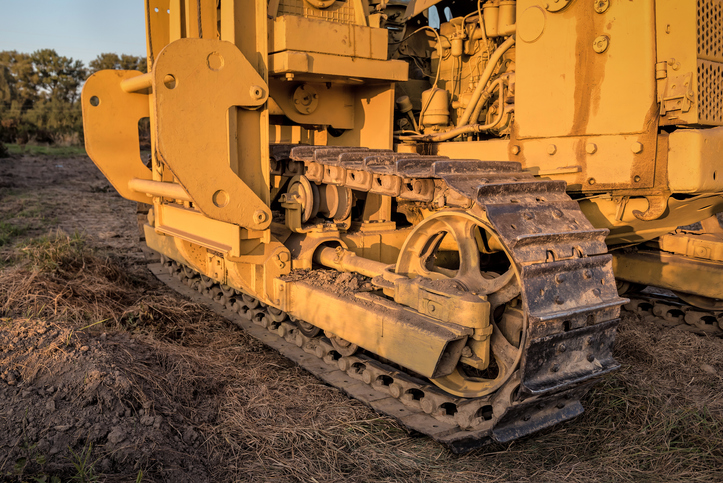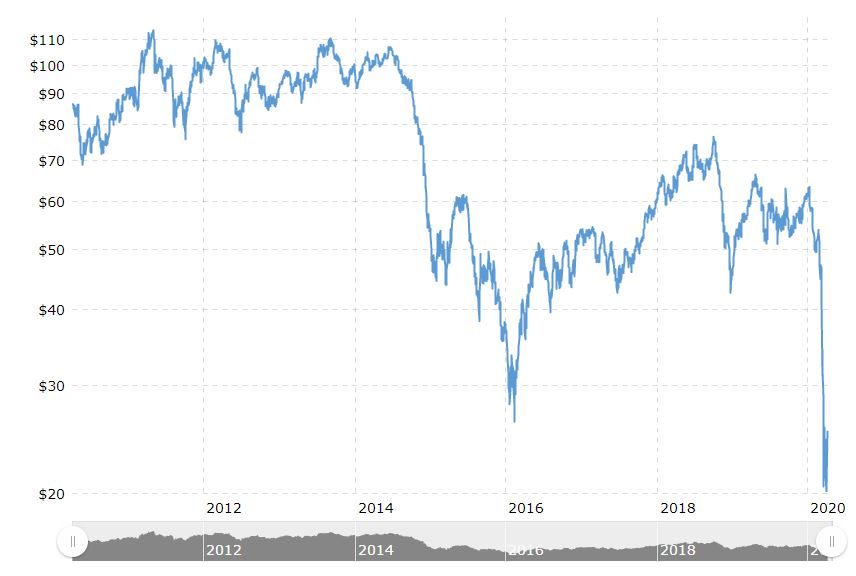Wednesday 07 August, 2024
What are All the Uses for Off Road Diesel?

If you have read our previous post about what off road diesel is, you know already that it is the same fuel as regular diesel but it can only be used in vehicles that don’t use the main roadway systems. The reason for this? This fuel isn’t taxed the same way was as regular diesel because of it is used strictly off road. There is a tax on standard gas you buy at the pump which is then used to maintain roads and bridges.
Vehicles that use off road diesel are mostly in the construction and farming industries. Here is a list of those vehicles you may see buying and using this specially categorized fuel:
- Cranes
- Large Trucks
- Fam Use Only Trucks
- Bobcat Tractors
- Bulldozers
- Agricultural Machinery
- Large Earth Movers
- Dump Trucks
Physically, off road diesel is dyed red so that inspectors can tell if an on road vehicle is trying to circumvent the rules and save money on fuel. On road diesel is clear in color. The law is strict when it comes to this topic.
If a person is caught using off road diesel in the on road vehicle they will be hit with a $10 per gallon penalty or $1000 (whichever is greater). Criminally that person would be looking at a class one misdemeanor if caught with up to 20 gallons. Anything above 20 gallons is a class six felony. Read more about that here
Repeat offenders could possibly face jail time. It’s best to have the right fuel for the right vehicle and avoid any legal issues.
You can have your off road diesel delivered to you in the Central Virginia area by out very capable staff. We will schedule an appointment and show up in a timely manner. Petroleum prices change of a daily basis so it is best to give us a call to ask about today’s pricing. Prices can be locked in if delivery is scheduled immediately. Call us at 434-845-0971 now
|








0